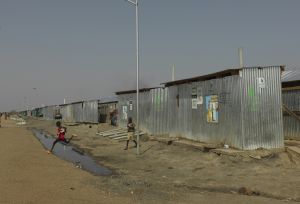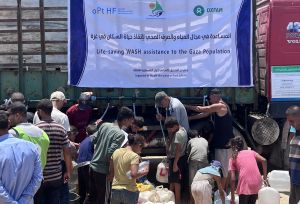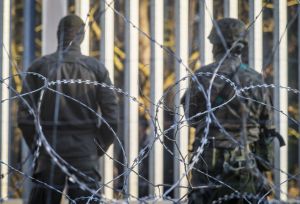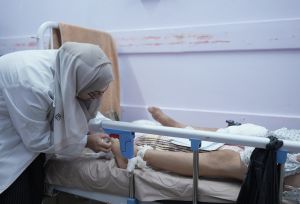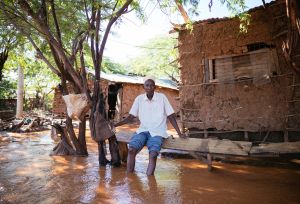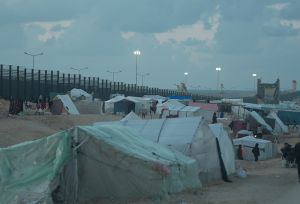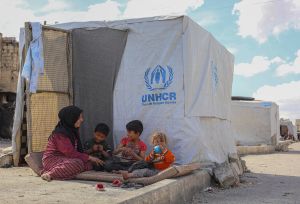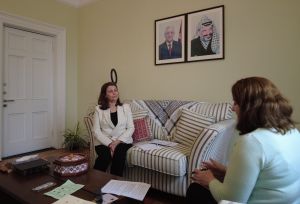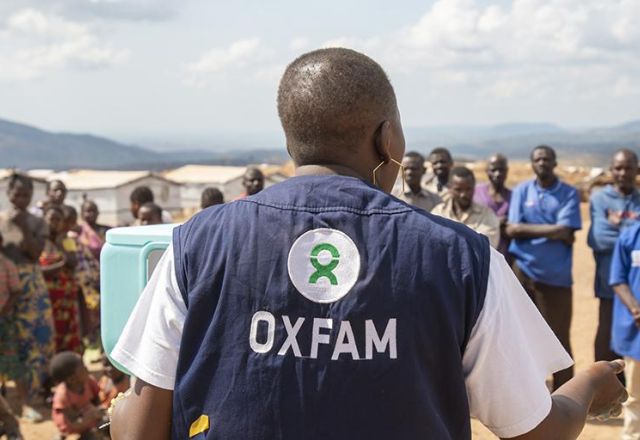
Welcome to our Blog
Poverty-beating, planet-protecting stories to inspire you.
Blogs
Welcome to our blog! Here you'll find stories of the work we're doing together to fight inequality and end poverty and injustice.
Policy Hub
Find out more about our influencing work to tackle the root causes of poverty.
News & Stories
Learn more about how Oxfam Ireland is fighting inequality to end poverty and injustice

